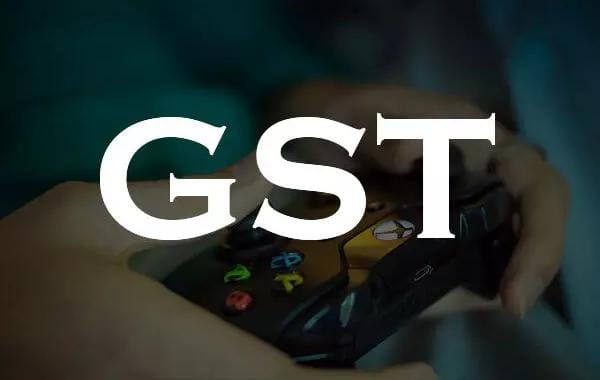
Gameskraft GST Case: Supreme Court Day 12 – Gaming Firms Push Back Against ₹1.12 Lakh Crore Tax Demand
By Aaerm Law Associates | May 23, 2025
On May 22, 2025, the Supreme Court of India resumed hearings in the pivotal GST dispute involving Gameskraft and other online gaming platforms. At stake is the legality of applying a 28% Goods and Services Tax (GST) retrospectively—covering transactions between August 2017 and October 2023—which has led to a collective tax demand of ₹1.12 lakh crore.
📌 Background: What Triggered the Gameskraft GST Case?
In October 2023, the GST Council introduced amendments to classify online gaming, casinos, and horse racing as actionable claims, attracting a flat 28% GST. Crucially, the council made the changes retrospective, which sparked legal challenges.
Gameskraft and other gaming firms argue that this retrospective tax creates uncertainty, penalizes innovation, and threatens industry viability. Before these amendments, authorities treated online games—especially skill-based games—as services taxed under regular GST slabs.
⚖️ Supreme Court Day 12: Key Arguments Presented
During the 12th day of hearings, senior counsels for gaming companies put forth strong arguments:
- Online gaming was legally classified as a service under specific HSN codes before the 2023 amendment.
- They noted that the Customs Tariff Act had no entry for actionable claims in online gaming, implying the law did not recognize them as “goods.”
- The counsels criticized Rule 31A(3) of the CGST Rules, calling it an instance of excessive delegation. They argued it lacks a basis in transaction value or actual money involved.
- According to the defence, Rule 31A wasn’t enacted under Section 15(5) of the CGST Act, which is the correct provision for valuing specific supplies.
They also took issue with show cause notices issued under Section 74—which deals with tax evasion or fraud. Since GST discussions on online gaming were ongoing at high levels for years, they claimed the matter was far from settled, and no fraud or suppression occurred.
🔍 What Makes This Case Crucial?
This case goes beyond a tax dispute. It brings into question:
- Whether the government can retroactively impose GST at 28% on services previously taxed at a lower rate.
- If skill-based online gaming should be categorized differently from games of chance or gambling.
- The validity of Rule 31A(3) and its implications for future taxation.
Earlier in the proceedings, other senior advocates, including Harish Salve and Arvind Datar, argued that:
- Fantasy sports platforms like Dream11 qualify as games of skill.
- Actionable claims, a category usually reserved for lottery and gambling, shouldn’t cover legitimate online gaming.
- The tax department’s approach, especially with retrospective show cause notices, has been inconsistent.
📚 Legal and Industry Impact
✅ If the Court Favors Gaming Companies:
- Online games could revert to being classified as services.
- Retrospective tax demands might get scrapped.
- The 28% GST slab would likely apply only from October 2023 onwards.
❌ If the Court Sides with the Government:
- Companies may owe huge retrospective taxes.
- Industry growth could slow due to regulatory risk.
- Digital startups in gaming may face investor hesitancy.
The outcome will not only affect Gameskraft but also major players like Dream11, MPL, and Junglee Rummy, who await clarity on their tax liabilities.
🗓️ What’s Next?
The court has scheduled the next hearing for July 15, 2025. Arguments from other counsels and possibly the government will continue after the summer recess. The verdict could redefine how online gaming is taxed in India.
📝 Conclusion
The Gameskraft GST case stands at the crossroads of law, technology, and economic policy. It challenges the government’s ability to apply tax laws retroactively and tests the limits of administrative rule-making under the GST regime.
For the gaming industry, a clear and fair judgment will ensure legal certainty. For lawmakers, it’s a chance to align India’s digital tax policy with global best practices. All eyes now turn to July 15, when the courtroom battle continues.
